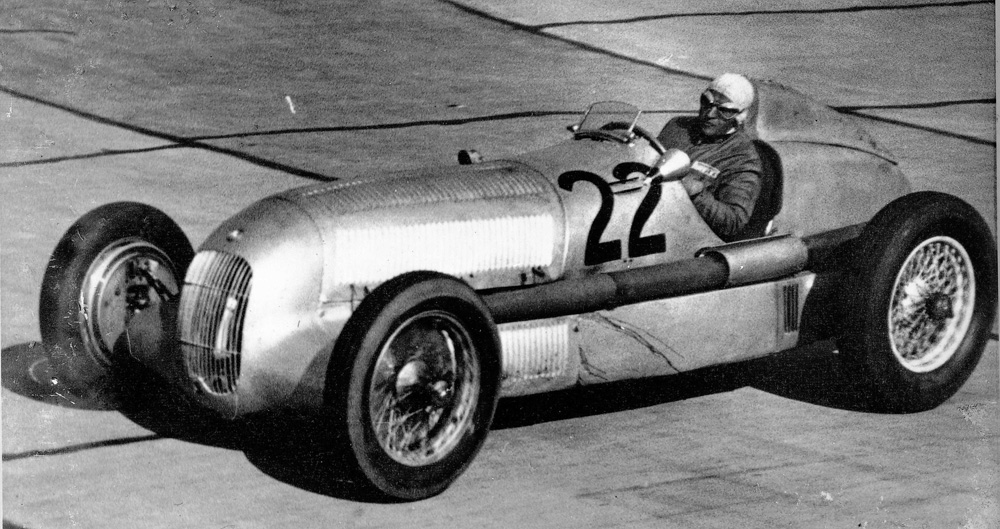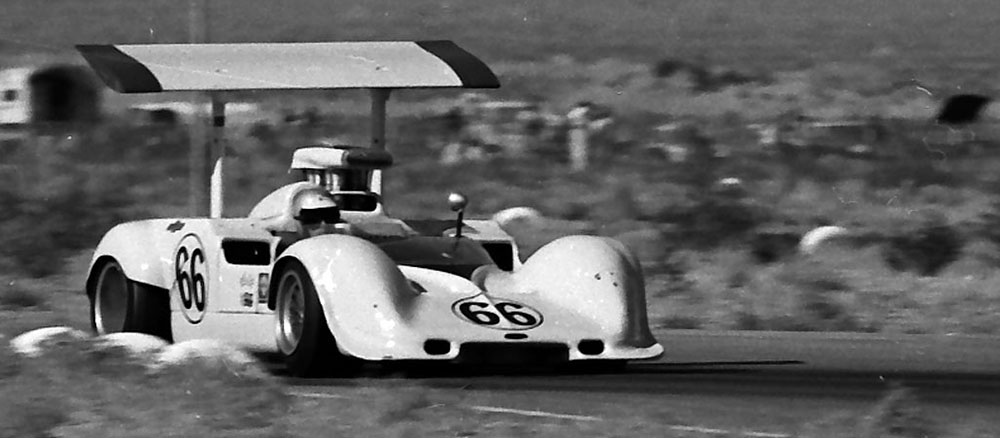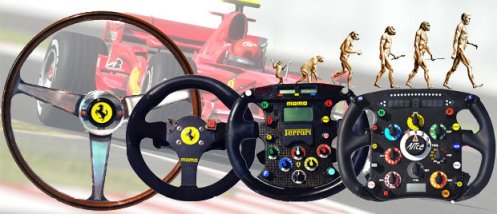Lot's of car enthusiasts complain about things like ESC and ABS and traction control and flappy-paddle gearboxes these days. They all want cars to be completely analog, and shifted by hand, despite the fact that sales figures never bear out those views in the real world. Many race car drivers echo this sentiment, as do many race series by banning many of these technologies as "unfair advantages". There is also a belief that a pro driver can do a better job than any of these automated systems. But I think those days are largely over. Modern systems are simply too good, and even in street cars, many cars are faster with systems on than off, even wth a pro behind the wheel.

I understand the desire to have a direct connection to your car and for being in total control. And I understand not allowing one manufacturer with deep pockets to use a technology that others cannot access. But consider aero aids for a minute. The aerodynamics of modern race cars allow them to handle well beyond the range of human experience. No amount of time in a street car would prepare you for a modern F1 car. To go fast in an aero car, you have to keep your foot planted past your comfort zone and trust in the technology. Aero takes some measure of skill away from the driver and puts it in the hands of technology. Aero was initially banned by some series, but was eventually adopted because it made cars faster. The same could be said for suspension design and race tires, each took a part of a driver's skill set away and replaced it with technology.

Can't the same be said for electronic systems? Even a good driver can't operate that quickly, so they just have to mash the gas and trust in the technology to achieve the lowest lap times. It is a logical progression of the sport in my opinion. If you want the lowest lap times, you have to accept electronic intervention just as you accepted radial tires, wings and spoilers. There will have to be some rules to govern equal access to technology, but reducing noise, tire wear and fuel consumption while going faster can be achieved by digital controls, and that is certainly good for the sport.

The complaint about the driver becoming nothing more than ballast is a legitimate argument, especially with self-driving cars so close to a reality. Would you watch a field of IMSA Tudor series cars race if they were driven by a computer? It's not like you see the driver's or know them anyway...to the viewer the race would only be faster and safer. But we want a driver in there, someone to root for, someone that connects us to the sport and makes us dream that we could do that. So we have to draw a line in the sand somewhere regarding technology.

How do we find an acceptable balance of driver skill and electronic override? Part of the answer comes down to the audience. As race fans age, they will increasingly complain about how things were "back in the day" while the younger crowd will cheer for new technologies that trickle down to their road cars. Part of the answer will come from the manufacturers as they wish to promote new technologies on the track to sell road cars at the dealership. And part of the answer will come from the drivers, as some embrace the new tools at their disposal and win races while others will fade into obsolescence. Whatever the future holds for the marriage of speed and technology, I for one will be watching with great interest and cheering on my favorite cars and their drivers, wether they are behind the wheel or behind a keyboard.































